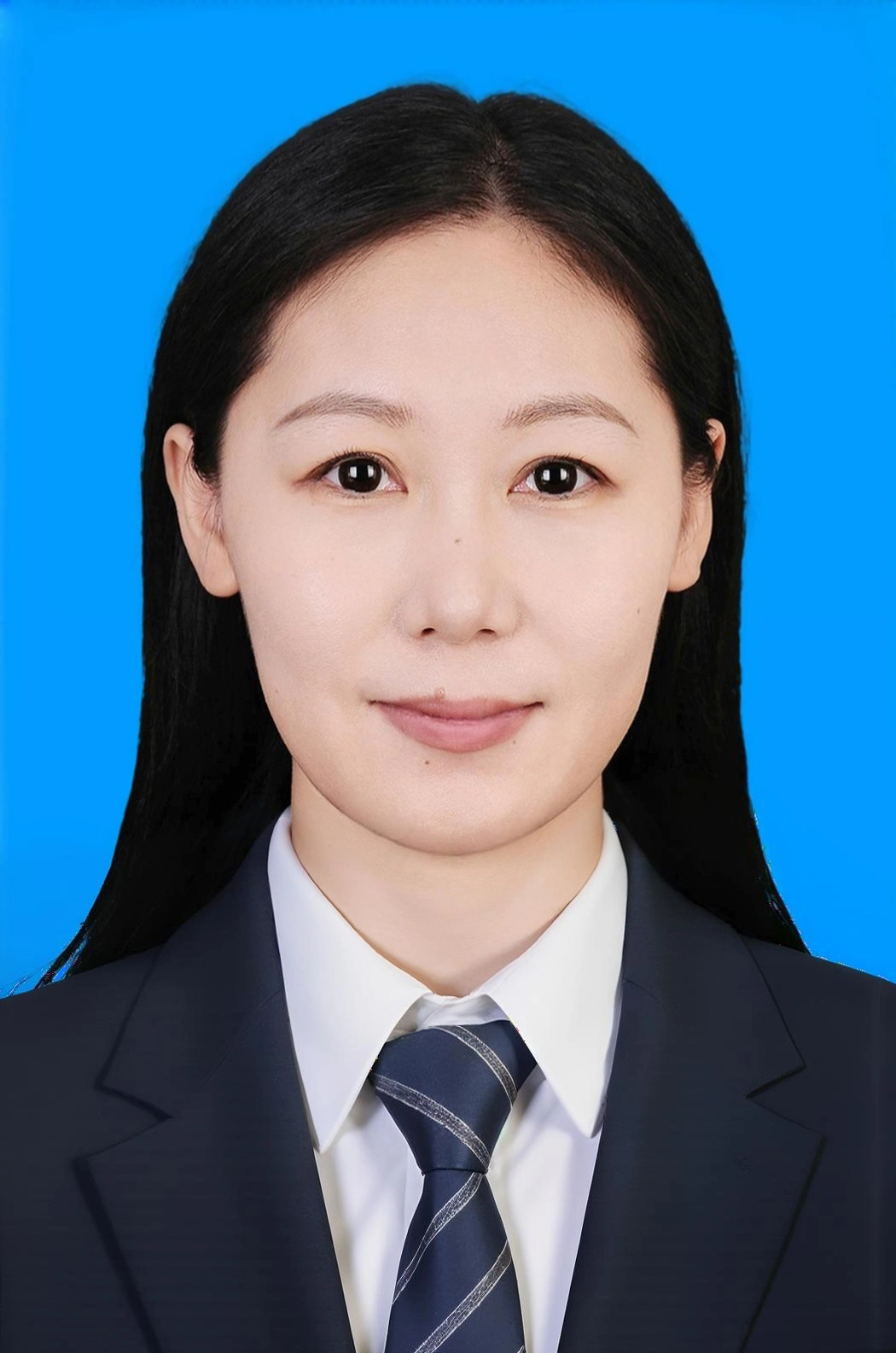
 Professional:Associate professor
Professional:Associate professor
 Department:Paleontology Teaching and Research Office
Department:Paleontology Teaching and Research Office
 Direction:Paleobotany
Direction:Paleobotany
 Email:nzhou123@163.com
Email:nzhou123@163.com
Studied in Nanjing Institute of Geology and Palaeontology, Chinese Academy of Sciences,Received a doctor's degree in August. During the semester, he was funded by the International Cooperative Training Program for Doctoral Postgraduates of the University of the Chinese Academy of Sciences, and went to Ireland to study for a year to learn about plant physiology.
Ning Zhou, Yuanyuan Xu, Liqin Li, Ning Lu, Pengcheng An, Mihai Emilian Popa, Wolfram Michael K ü rschner *, Xingliang Zhang, Yongdong Wang *, 2021. Pattern of Vegetation Turnover during the end Triassic mass extraction: Trends of Fern communities from South China with global context. Global and Planetary Change 205, 103585." (SCI)
2)Ning Zhou, Yongdong Wang *, Li Ya, Amanda S. Porter, Wolfram M. K ü rschner, Liqin Li, Ning Lu, Jennifer C. McElwain *, 2020. An inter comparison study of three stochastic proxy methods for CO2 reconstruction applied to early Jurassic Ginkgo plants. Palaeogeography, Palaeoclimatology, Palaeoecology 542, 109547. (SCI)
3)Ning Zhou, Yong Dong Wang, Li Qin Li, Xiao Qing Zhang, 2016. Diversity variation and temporal spatial distribution of the Dipteridaceae ferns in the Mesozoic of China. Paleoword 25:263-286. (SCI)
4) Ning Lu, Ya Li, Yongdong Wang *, Yuanyuan Xu,Ning Zhou,2020. Fossil dipterid fern Thaumatology in China: new insights of systematics, diversity and temporal distribution patterns Historical Biology. (SCI)
Ning Zhou, Yan Wang, 2014. Fertile structures with in situ spores of a dipterid fern from the Triassic in Southern China. Journal of Plant Research, 128:445-457. (SCI)
7) Li Qin Li, Yongdong Wang, Liu Zhaosheng,Ning Zhou, Wang Yan, 2016. Late Triassic palaeoclimate and palaeoecosystem variations inferred by palynological record in the northern Sichuan Basin, China. Pal ä ontology Zeitschrift, 90:327-348." (SCI)
8) Mike Pole, Yongdong Wang, Bugdaeva Eugenia V., Chong Dong, Ning Tian, Li Qin Li,Ning Zhou, 2016. The risk and promise of Podozamites in East Asia – An additional concrete life style, Palaeogeography, Palaeoclimatology, Palaeoecology, 464: 97-109. (SCI)
Hosted the National Natural Science Foundation of China Youth Science Fund project, reconstructing atmospheric CO2 concentration and climate evolution during the Early Jurassic Toal period - using plant fossils from Zigui, western Hubei as an example, 42002001, 2021.01-2023.12
2)Preside over theState Key Laboratory of Modern Paleontology and Stratigraphy, Reconstruction of Early Jurassic Flora and Paleoenvironment in Zigui Basin, West Hubei, 203126, 2020.01-2022.01
Participated in the fourth project of the National Natural Science Foundation of China's major project" high-resolution paleoenvironmental records and paleoclimate evolution of China's terrestrial Cretaceous scientific drilling "," Early Cretaceous terrestrial vegetation evolution and paleoclimate reconstruction in Northeast China ", 41790454, 2018-2022
4)Participated inthe third project of the Chinese Academy of Sciences Strategic Leading Science and Technology Project (Class B)" Earth's Internal Processes and Surface Response ", the sub project of" North China Craton Destruction and Jehol Yanliao Biota Evolution "," Paleoflora and Environmental Background ", XDB18030502, 2016-2020
Participated in the National Natural Science Foundation of China project," Flora evolution and paleoenvironmental background during the Triassic Jurassic transition period in Guangyuan and Dazhou areas, Sichuan ", 4157, 2014, 2016-2019
Participated in the National Key R&D Program project" Deep Process and Resource Effects of Major Geological Events during the Yanshan Period "," Evolution and Resource Effects of Sedimentary Basins during the Yanshan Period in Eastern China ", 2016YFC0600406, 2016-2020
Participated in the B sub project of the Strategic Leading Science and Technology Project of the Chinese Academy of Sciences," Innovation and Environmental Background of Mesozoic Plants XDB26010302, 2018-2023 "
8)Participated in the third project of the National Key Basic Research and Development Program 973," Late Mesozoic Greenhouse Earth Climate - Environmental Evolution "," Reconstruction of Paleoclimate in East Asia during the Late Mesozoic Era ", 2012CB822003, 2012-2016
; vertical-align:baseline; "3) Ning Zhou, Yong Dong Wang, Li Qin Li, Xiao Qing Zhang, 2016. Diversity variation and temporal distribution of the Mesozoic terrestrial ecosystem seminar
5) Ning Zhou, Yongdong Wang, Amanda Potter, Jennifer McElwain, 2018. Paleoclimate variations and palee CO2 change during the Toarcian (Early Jurassic) based on South China flora (European paleobotany and palynology conference 2018, Dublin)
6) Ning Zhou, Yuanyuan Xu, Liqin Li, Ning Lu, Pengcheng An, Mihai Emilian Popa, Wolfram Michael K ü rschner *, Xingliang Zhang, Yongdong Wang *, 2021. Pattern of Vegetation Turnover during the end Triassic mass extraction: Trends of Fern communities from South China with global context.